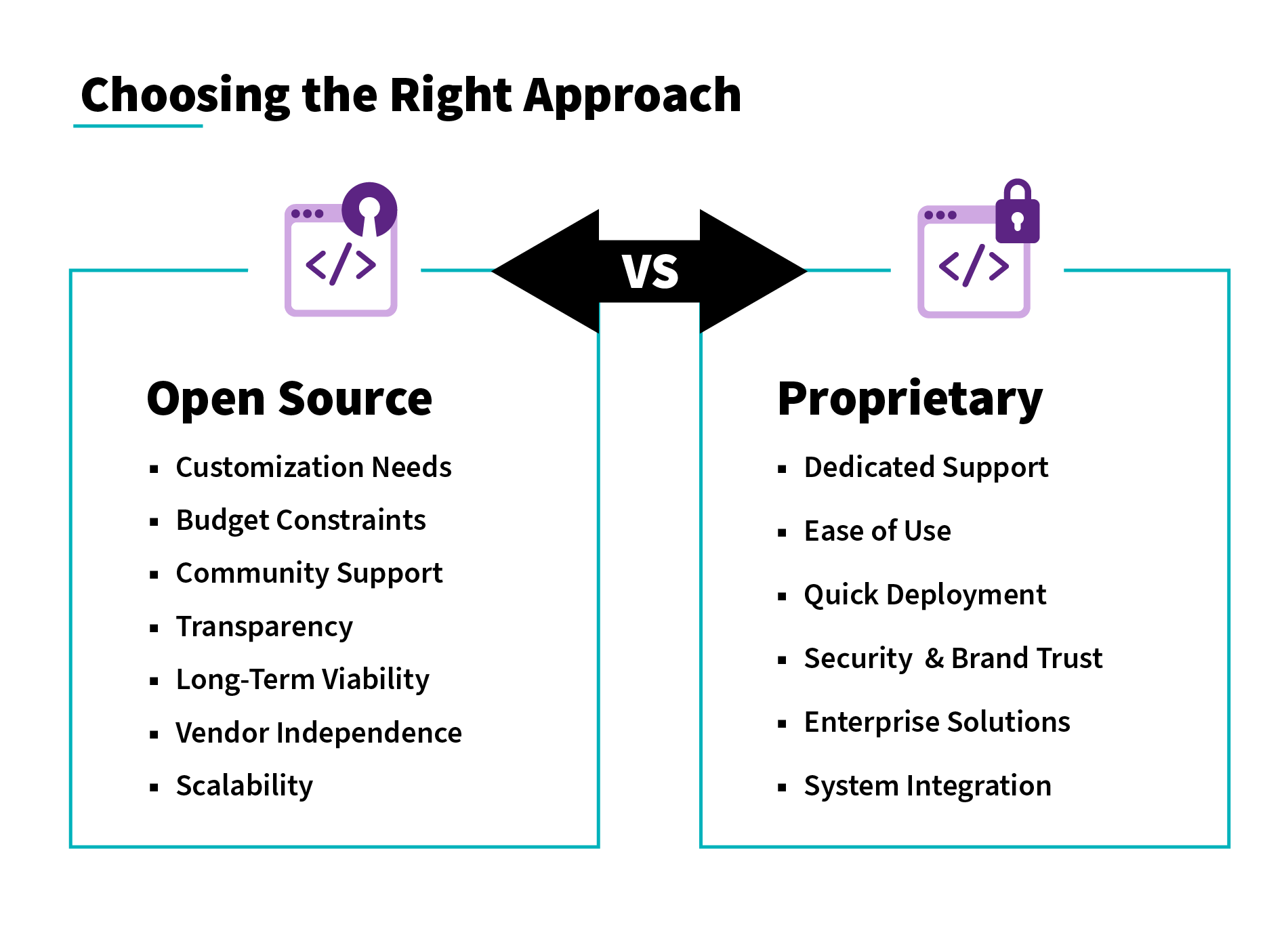Activities
1. Form a strong project team
Forming a strong project team is crucial for the success of any project and especially any data-driven initiative. The project team should include multiple roles and stakeholders across departments. Key roles are:
- Mayor/ City Council: Ensuring political support and funding
- Chief Data Officer (CDO)/ Chief Digital Officer: Key actor in defining the data strategy, ensures the project alignment with municipal goals and oversees ethical and legal data use
- Project Manager: Leads the project execution, coordinates between municipal departments, manages timelines, project scope and budget
- Data Engineers: Design and maintain data infrastructures, ensuring accessibility and integration with existing municipal infrastructure and systems, managing data pipelines and ensuring data sovereignty
- Data Scientist/ Analyst: Analyse data, generate insights for decision-making
- IT & Cybersecurity Specialists: Ensure system security, data privacy and regulatory compliance
- Departments: Representatives of relevant departments e.g. Transportation, Water and Waste Management, Health, Environment, Urban Planning, provide domain expertise and define use-cases within their field of expertise, to ensure that the municipal needs are met.
A well-balanced and diverse team can ensure that different perspectives are brought into consideration, leading to more effective and innovative solutions. Being aware of roles and responsibilities in a project team at an early stage can help to be aware about collaboration potentials, transparency and successful long-term cooperation.

Not only having a strong internal support is vital, but working with external collaborators enhances the strength and validity of a project. Hereby, especially universities and research organisations can provide the most recent research and methods that render the project more robustly. Further, NGOs tend to bring sectoral knowledge, ethical perspectives and resources which can aid in forming socially responsible and efficient solutions, as well as implicate citizens and associations.
2. Define your idea and arguments to enhance value
To move from an initial idea to project reality, it is essential to clearly define the purpose and targets, along with the expected outcomes and the value behind them. A well-defined idea does not only ensure the alignment of a project with the city’s goals but is also essential to clarify what you want to achieve, for whom and why it matters.
We suggest you to undertake the following key steps:
- Clearly identify a concrete issue that the project aims to solve and therefore an opportunity to implement this idea. Use current research, studies and media to demonstrate why this issue is important.
- Specify the goal, target groups and who this project will benefit (e.g., residents, municipal workers, policymakers, local businesses).
- Describe the proposed initiatives and outline the core idea, including what kind of data will be used and how it will tackle the problem. It may be useful to integrate citizen participation formats like workshops and consultations into this step.
- Highlight the expected benefits and values, if possible even with KPIs. Do not only think in the short-term but also consider long-term value.
- Align the project with broader municipal strategies.
- Address potential concerns such as data privacy, security or acceptance issues and think about mitigation strategies.
To define your idea and arguments and align them with citizen needs and perceptions, citizen engagement processes are of importance. Citizen participation ensures to increase the acceptance and impact of data-driven projects. Consultations, workshops and overall openness foster transparency, inclusivity and trust. By doing so, you may present more refined project goals, strengthen funding applications in later steps and align initiatives with community priorities, leading to more widely supported solutions.
A proven approach to ensure a successful definition of your idea is for example the SMART method.
3. Get funding & political approval
Identifying and accessing appropriate funding and obtaining political approval are interconnected and present pivotal steps for launching data-driven initiatives and sustaining them. Without secured funding, projects will struggle maintaining working capital, ensuring its completion and overall accomplishing successful project outcomes in a long-term. To do so, the creation of a funding plan could be helpful, which identifies what you plan to achieve, what you want to deliver to succeed, the resources you’ll need (monetary, human, knowledge) and the respective budget and assets, how you manage risks, as well as allocate first responsibilities.
The EU offers several funding programs for data-driven projects. These include:
- Digital Europe Programme (DEP)
- Horizon Europe
- European Investment Bank (EIB)
- Strategic Technologies for Europe Platform (STEP)
Platforms like the EU Funding & Tenders Portal present accessible ways to stay informed about open calls and submission deadlines.
While funding provides the financial means to implement projects, political approval ensures institutional support, alignment with policy priorities and long-term oriented implementations. The previously presented funding possibilities by the EU already align with political goals such as digital transformation, public sector innovation and citizen-centric services. By obtaining political backing, funding applications can be strengthened and validate a project’s feasibility.
With the help of strategic alignments and careful steps, there are some recommended steps to gain political endorsement:
- Demonstrate policy alignment: Be aware of which local, national and EU policy priorities can be attained with your project or vice versa how your project can meet them.
- Highlight benefits and impacts: Use data and case studies to showcase efficiency gains, cost savings, direct as well as indirect impacts. You may present impactful success stories to highlight tangible value of investing in data-driven initiatives.
- Engage policymakers and relevant stakeholders early: By involving key decision-makers and relevant stakeholders early you may secure support more easily. Providing clear impact data and information about the project, organising workshops and establishing ongoing dialogue can aid in doing so.
4. Define requirements to the solution
Defining requirements to the solution guides the selection of technologies, platforms and data architectures. As you plan your project, you will need to adhere to key aspects such as whether to use open source or proprietary solutions, how to design APIs (Application Programming Interfaces) for seamless integration and which industry standards to follow.

One of the first decisions is whether to use open source or proprietary solutions. Open source solutions offer transparency, flexibility and cost savings, while proprietary solutions may provide dedicated support, security and individualised functionalities. So, while open source solutions are free, they require internal expertise for customisation, maintenance and updates. On the other hand proprietary solutions come with licensing fees but do offer regular updates and maintenance, reducing the need for in-house technical specialisation and resources. In general, municipalities often favour open source tools to promote public collaboration and interoperability on the one hand, while reducing dependencies or vendor lock-in on the other.
To make sure your solution connects easily with municipal systems, well-documented APIs should be included in the project design. APIs make it possible for different software applications to exchange data quickly and reliably.
Follow key principles:
- Interoperability: Ensure APIs adhere to standardised protocols (e.g., REST, FHIR) and use common ontologies for consistent data exchange.
- Scalability: Design APIs to handle increasing workloads efficiently through modular and event-driven architectures.
- Comparability: Use self-describing data formats and standardised terms to ensure consistent input and output.
When defining requirements, certain vital steps should be considered, as they represent best practices for building effective and reliable data-driven solutions:
- Adapt Open Standards: Choose widely accepted frameworks like the OGC SensorThings API Standards or TM Forum Open APIs to ensure compatibility and ease of integration.
- Document Thoroughly: Provide clear API documentation, including usage guidelines, constraints and examples for developers, set down workflows and decision-making processes.
- Test for Compliance: Regularly validate APIs against interoperability standards using tools like compliance tests and overall test standards and regulations to maintain data security.
Resources
D4A Best Practices
D4A Training modules
Why data sovereignty is vital for communes?
Data sovereignty empowers communes to control their data, fostering trust, transparency, and better decision-making. In an era where municipalities use data for transport, safety, and waste management, sovereignty ensures they can access and manage this resource independently.
"Go deeper" - Insights on a Method

- Guidebook from the European Commission on citizen engagement and participation formats
- Insight into KPIs:
- Resource in German: Räumliche Wirkungen von Smart-City-Maßnahmen
- Resource in English: Smart city performance measurement framework CITYkeys
- SMART Method
Academic Papers
In our D4A knowledge base you will find more on the topic of data openness.


